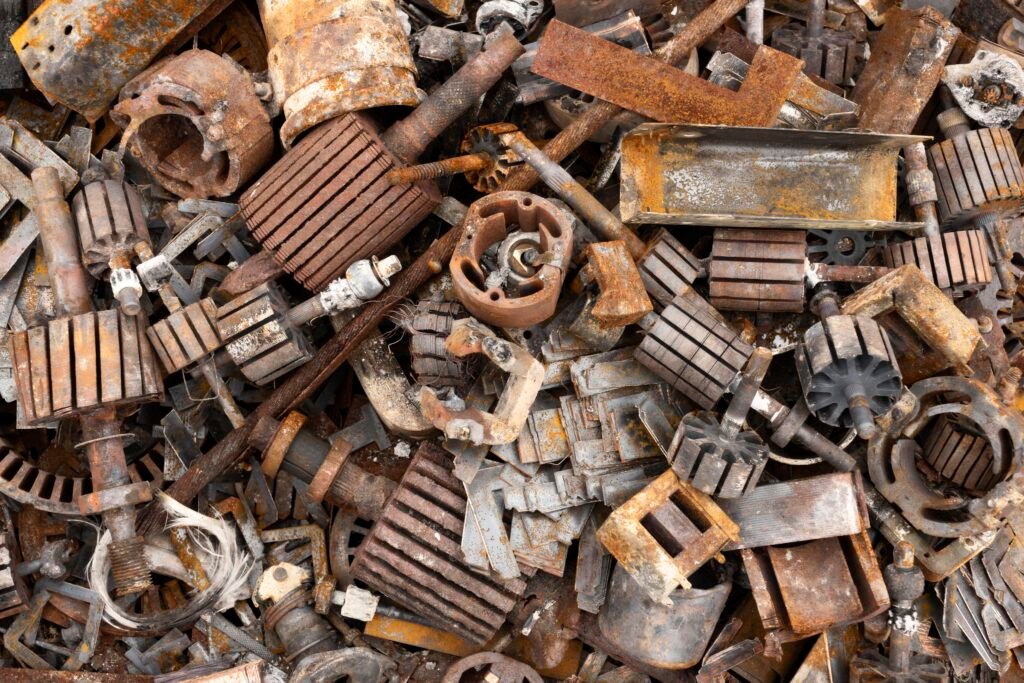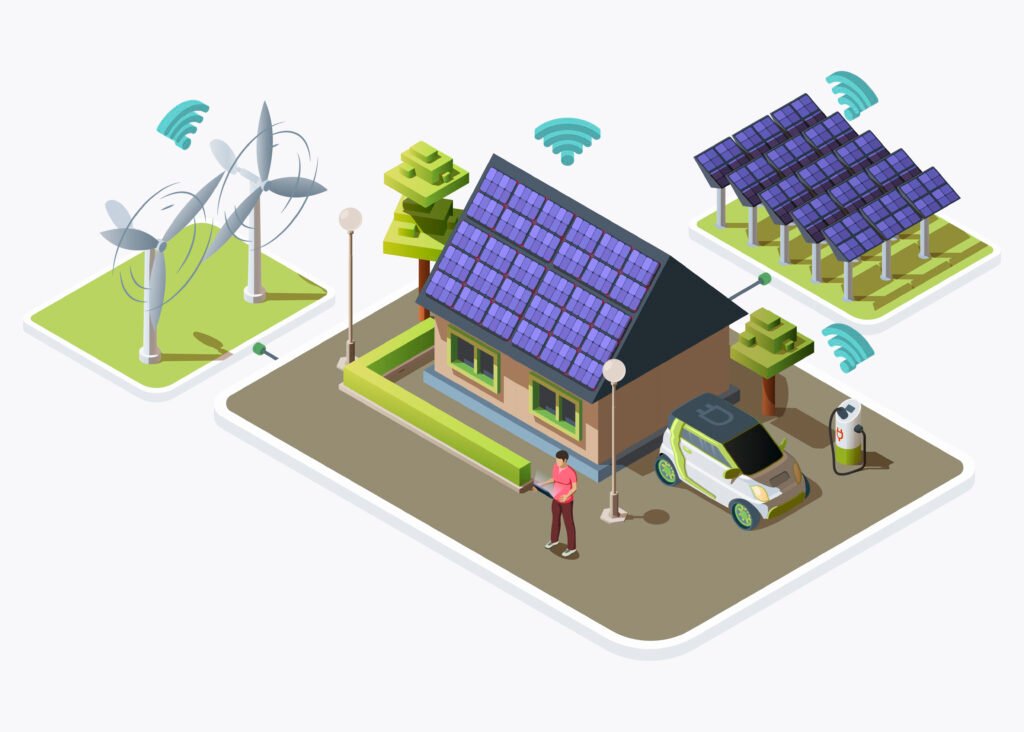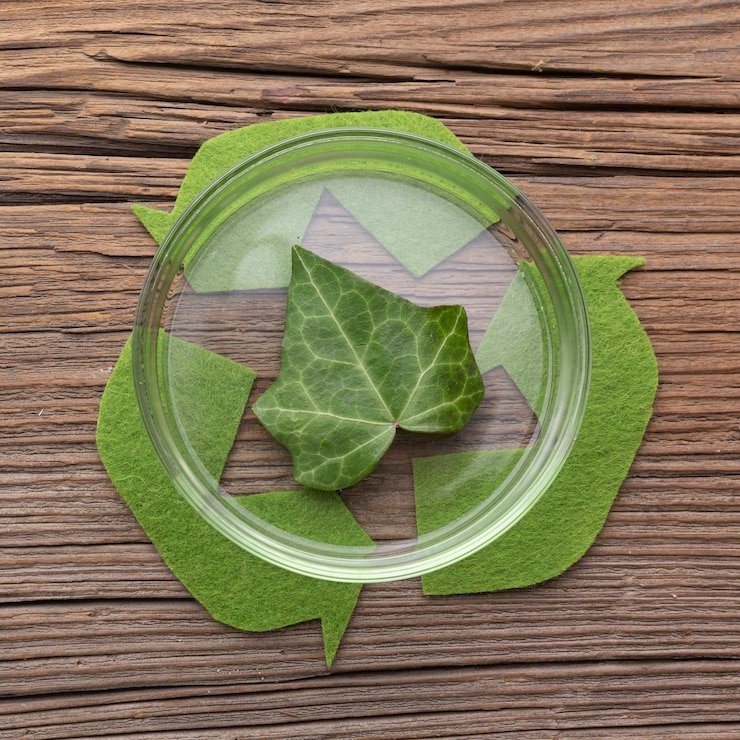In order to lower intensity in demand for Critical Raw Materials (CRMs), recycling is an obvious and desirable route forward. However, there exist some hurdles and bottlenecks:
For some CRMs, low amounts of material are found in used products, extracting such small amounts requires highly selective processes, from mechanical shredding to chemical separation. These are specialist processes that require investment. Important feedstock for recycling, and having reliable flows at the correct volume, are crucial to supporting business growth. Having enough material available to scale up processing is key to future success.
Products containing CRMs may be complex such as batteries, PVs and electronics. Also, chemicals such as glues, resins, and coatings may be used in product for durability. It appears that most CRM containing products are built for long service, long life and durability. Likely then that some products aren’t really designed to be disassembled easily – this hurdle isn’t unique to CRM containing products. This points to several steps before the valuable recycled CRM becomes available.
Where high purity is required, recycled CRMs might not make the grade. Downcycling through the product value chain is a likely route forward, if virgin material cannot be used to reach the required grade. Dealing with small CRM quantities, recycling doesn’t benefit from the economies of scale available in virgin mining. Using virgin material, landfilling, incinerating and exporting scrap might be more economic, for now.
In regard to regulations, and the world regions, it appears that the EU has the strongest mandates under the CRMA (https://mm-markets.com/critical-raw-materials-recycling/).
MM Markets (mm-markets.com) is tracking development of CRM recycling and we are able to help you navigate the market!




